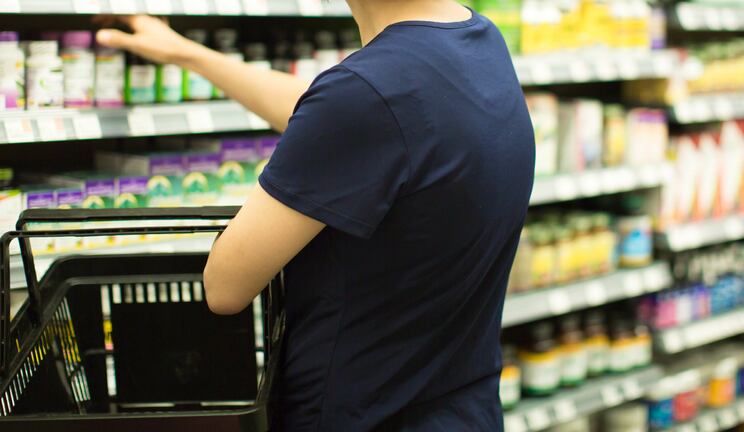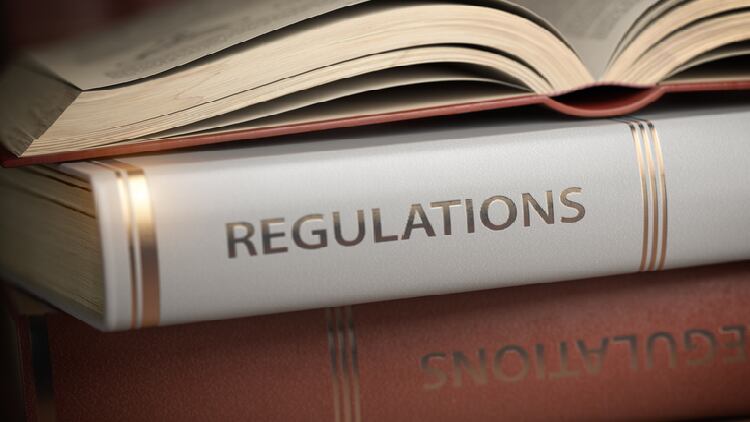South Korea’s Ministry of Drug and Food Safety (MFDS) announced the above in December, however, the exact date in which the requirement is officially lifting has not been confirmed yet.
The development comes as the European Union have updated the regulation (EU) 2019/1793 which states the need for certain food products from South Korea to produce official certification on its ethylene oxide levels.
“The updated version of the regulation applies 20 days after the official publication date of the amendment, which will state that Korean supplements do not have to submit the official certification with the consignments.
“However, according to EU, the exact date has not been set yet,” Yujeong Choi, deputy director of the food safety policy division at MFDS said in response to queries from NutraIngredients-Asia.
NutraIngredients-Asia has also reached out to the European Commission for comments.
Ethylene oxide is used primarily to produce other chemicals, including antifreeze. In smaller amounts, it is used as a pesticide and a sterilising agent. It is classified as a human carcinogen.
The lifting of the certification by EU has been seen as a boost to South Korea’s export and food safety reputation.
In a statement, MFDS said that it has been requesting its European counterpart to withdraw the need for Korean products to undergo certification for its ethylene oxide levels.
“As a result of continuous requests for the withdrawal of import strengthening measures, ‘Korean dietary supplements’ were excluded from the list of products subjected to stricter management by the European Union.
“Korean dietary supplement exporters can export their products to the European Union from the first half of next year without submitting ethylene oxide inspection reports and official certificates,” the MFDS said.
In November last year, the MFDS sent a delegation to visit EU’s Directorate-General for Health and Food Safety in Belgium as part of its diplomatic efforts, as well as to request the directorate-general to withdraw its ethylene oxide certification requirement for Korean products.
“The delegation achieved results by emphasising that the Ministry of Food and Drug Safety and the domestic food export industry's efforts to reduce ethylene oxide resulted in no non-compliance with the EU customs inspection results of Korean export products (dietary supplements) in the first half of this year,” the MFDS said.
Nonetheless, the ministry has also urged local companies to continue to be careful about ethylene oxide levels in their products.
This is because about 30 per cent of the supplements exported to Europe is subjected to inspection, which includes the testing of ethylene oxide levels.
Background
Since February 17 last year, the EU required food supplements containing botanicals and instant noodles from South Korea to be accompanied with an official certificate stating that all results of sampling and analysis of the products show compliance with the maximum residue levels of ethylene oxide for food and feed.
This is to curb the risk of ethylene oxide contamination in the products, said the EU.
Other products affected by this regulation include xanthan gum from China, locust beans (including mucilages and thickeners derived from locust beans), Guar gum, several spices, Calcium carbonate and food supplements containing botanicals from India, locust beans (including mucilages and thickeners derived from locust beans) from Malaysia and Turkey, and instant noodles from Vietnam.
In year 2021, it was reported that ethylene oxide has been detected in South Korean brand Nongshim’s seafood ramyun that were sold in Germany.
The European Commission's Rapid Alert System for Food and Feed (RASFF) had responded by ordering a Europe-wide ban on the sale of specific packages of the product.





